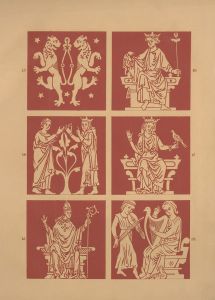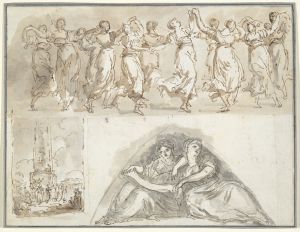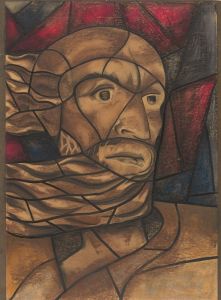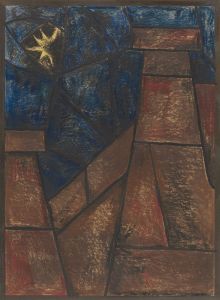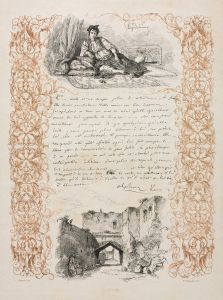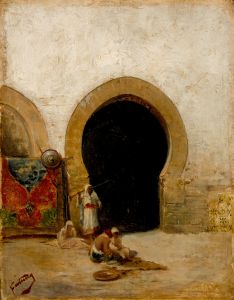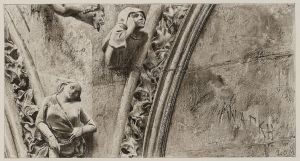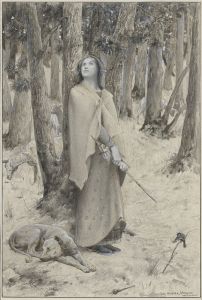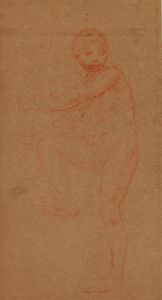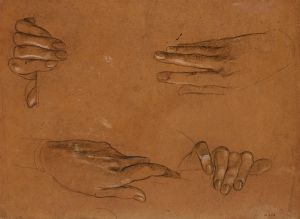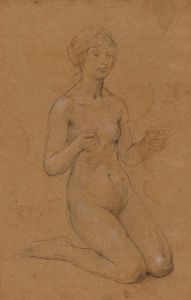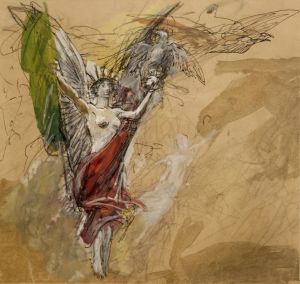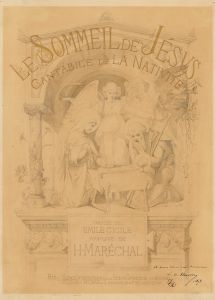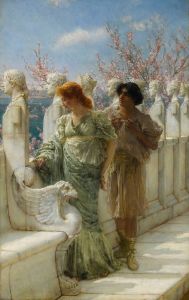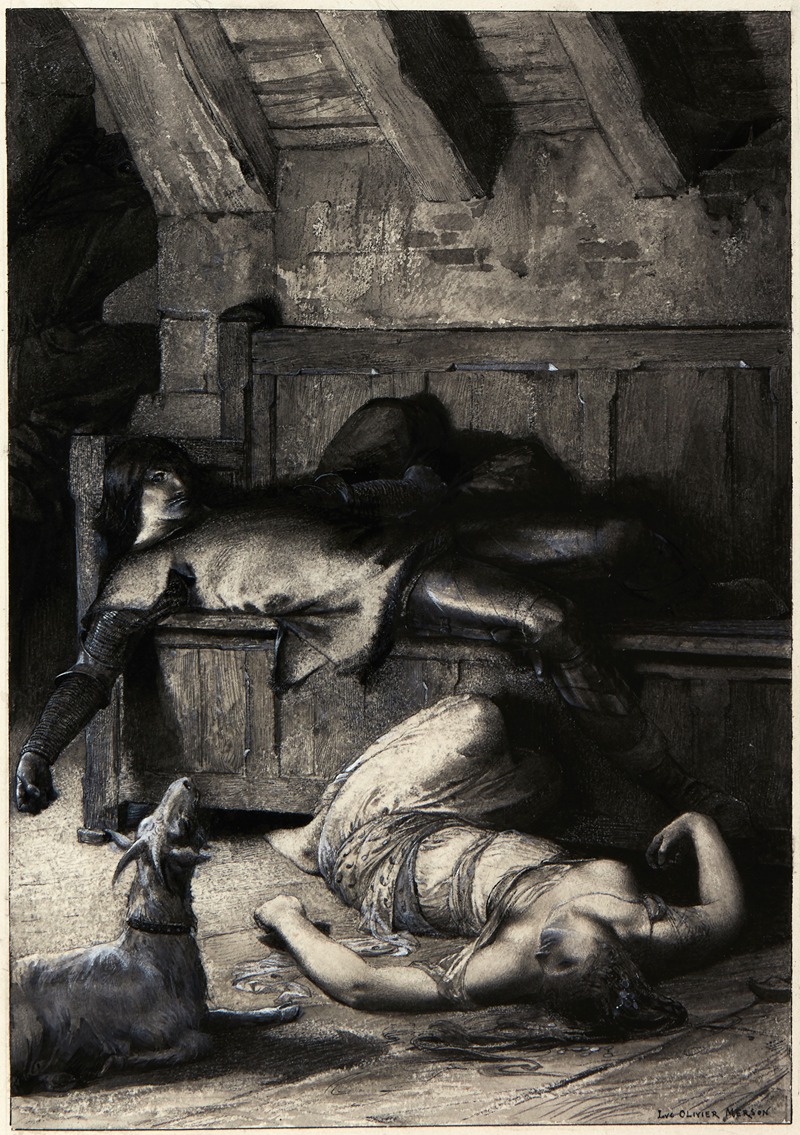
Utilité des fenêtres qui donnent sur la rivière
A hand-painted replica of Luc-Olivier Merson’s masterpiece Utilité des fenêtres qui donnent sur la rivière, meticulously crafted by professional artists to capture the true essence of the original. Each piece is created with museum-quality canvas and rare mineral pigments, carefully painted by experienced artists with delicate brushstrokes and rich, layered colors to perfectly recreate the texture of the original artwork. Unlike machine-printed reproductions, this hand-painted version brings the painting to life, infused with the artist’s emotions and skill in every stroke. Whether for personal collection or home decoration, it instantly elevates the artistic atmosphere of any space.
Luc-Olivier Merson was a French painter and illustrator known for his academic style and attention to detail. Born in Paris on May 21, 1846, Merson became a prominent figure in the art world during the late 19th and early 20th centuries. He was a student of the École des Beaux-Arts in Paris, where he studied under the guidance of artists such as Isidore Pils and Gustave Chassevent-Bacques. Merson's work often featured historical, religious, and allegorical themes, and he was known for his meticulous technique and use of light.
One of Merson's notable works is "Utilité des fenêtres qui donnent sur la rivière," which translates to "The Usefulness of Windows Overlooking the River." This painting exemplifies Merson's skill in creating atmospheric scenes that capture the viewer's imagination. While specific details about the painting's creation and its current location are not widely documented, it is consistent with Merson's style of incorporating elements of nature and architecture to convey a narrative or mood.
Merson's career was marked by several significant achievements. He won the prestigious Prix de Rome in 1869, which allowed him to study in Italy and further develop his artistic skills. His time in Italy had a profound influence on his work, as he absorbed the techniques of the Renaissance masters and incorporated them into his own style. Merson's paintings often reflect a blend of classical influences and contemporary themes, making his work both timeless and relevant to his era.
In addition to his paintings, Merson was also a prolific illustrator. He contributed illustrations to various publications, including books and magazines, and his work was highly regarded for its precision and creativity. Merson's illustrations often depicted scenes from literature, mythology, and history, showcasing his ability to bring stories to life through his art.
Throughout his career, Merson received numerous accolades and recognition for his contributions to the art world. He was made a member of the Académie des Beaux-Arts in 1906 and was awarded the Legion of Honor, one of France's highest honors, for his artistic achievements. Merson's work was exhibited in various salons and exhibitions, both in France and internationally, further establishing his reputation as a leading artist of his time.
Luc-Olivier Merson passed away on November 13, 1920, leaving behind a legacy of artistic excellence. His work continues to be appreciated for its technical skill, attention to detail, and ability to evoke emotion and thought. While "Utilité des fenêtres qui donnent sur la rivière" may not be as widely known as some of his other works, it remains a testament to Merson's talent and his contribution to the world of art.





